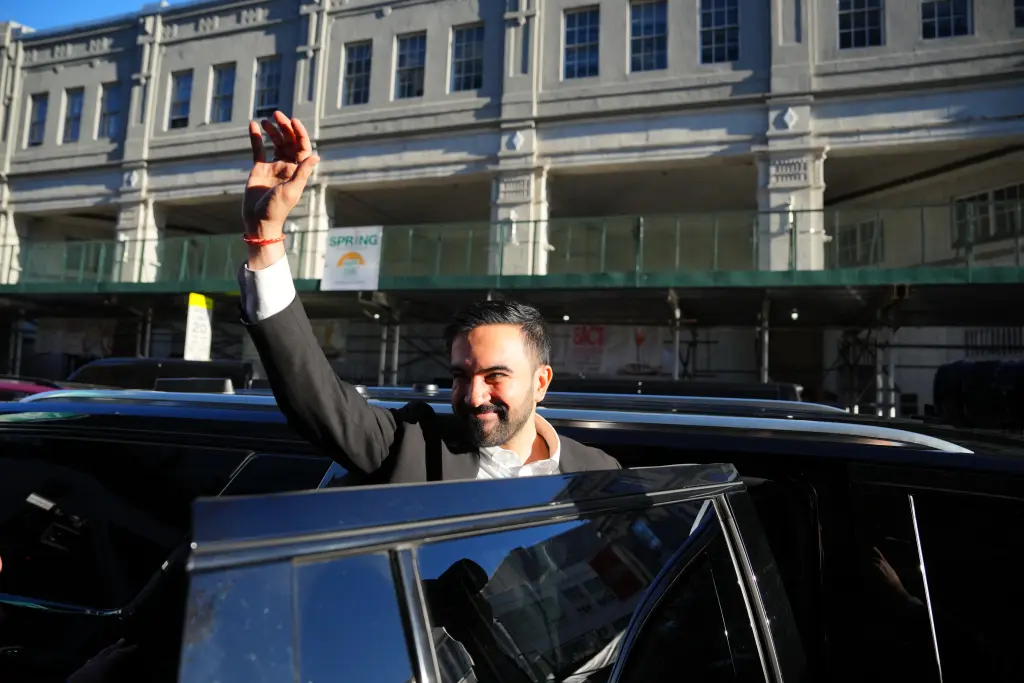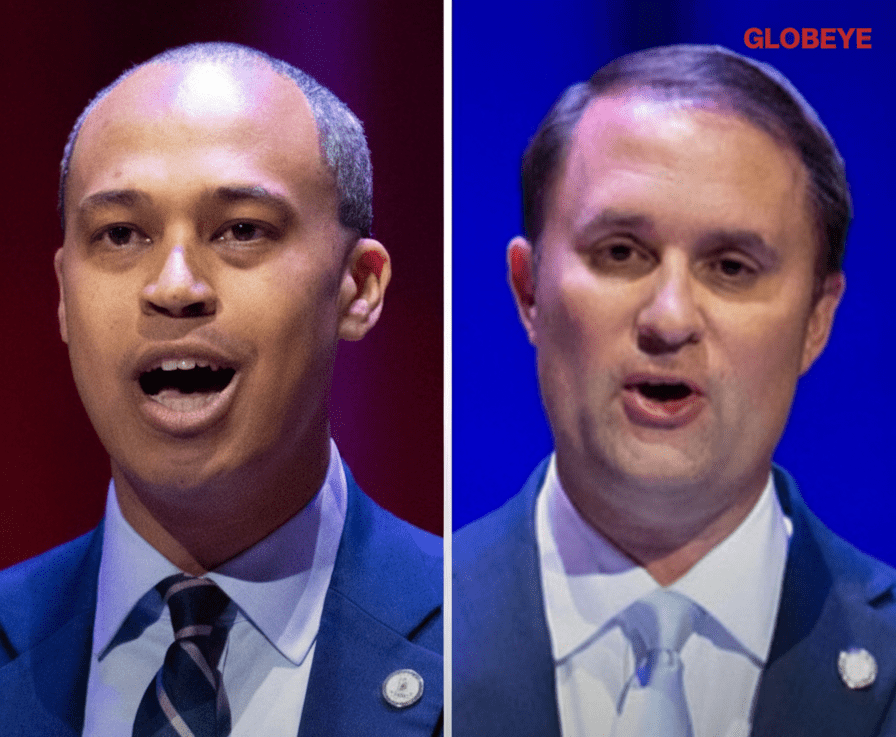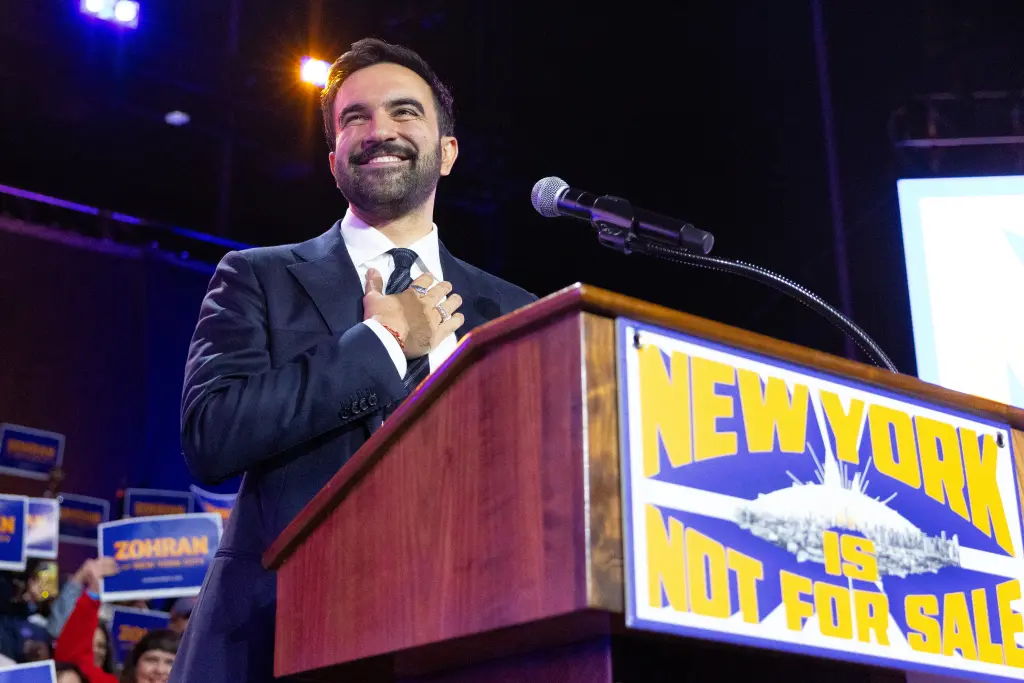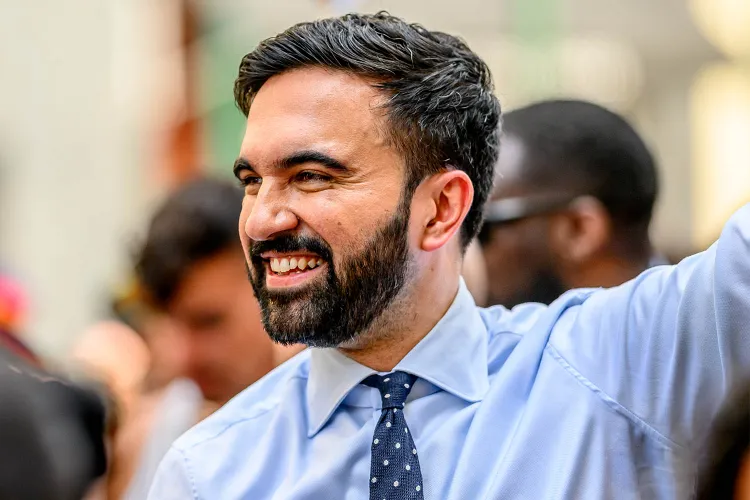Far-Left Democrat Zohran Mamdani Defeats Andrew Cuomo in the 2025 New York City Mayoral Election, Marking a Generational Shift in the City’s Politics
New York City has elected a new kind of mayor. Zohran Mamdani, a 34-year-old Democratic Socialist from Queens, has officially won the 2025 NYC mayoral election, defeating former Governor Andrew Cuomo in one of the most polarizing and closely watched races in the city’s modern history. According to projections released around 9:40 p.m., Mamdani carried 50.4% of the vote to Cuomo’s 41.3%, with Republican candidate Curtis Sliwa trailing at just 7.5%. The Associated Press called the race as thousands of Mamdani’s supporters erupted into celebration, marking a stunning political upset that few would have predicted even a year ago.
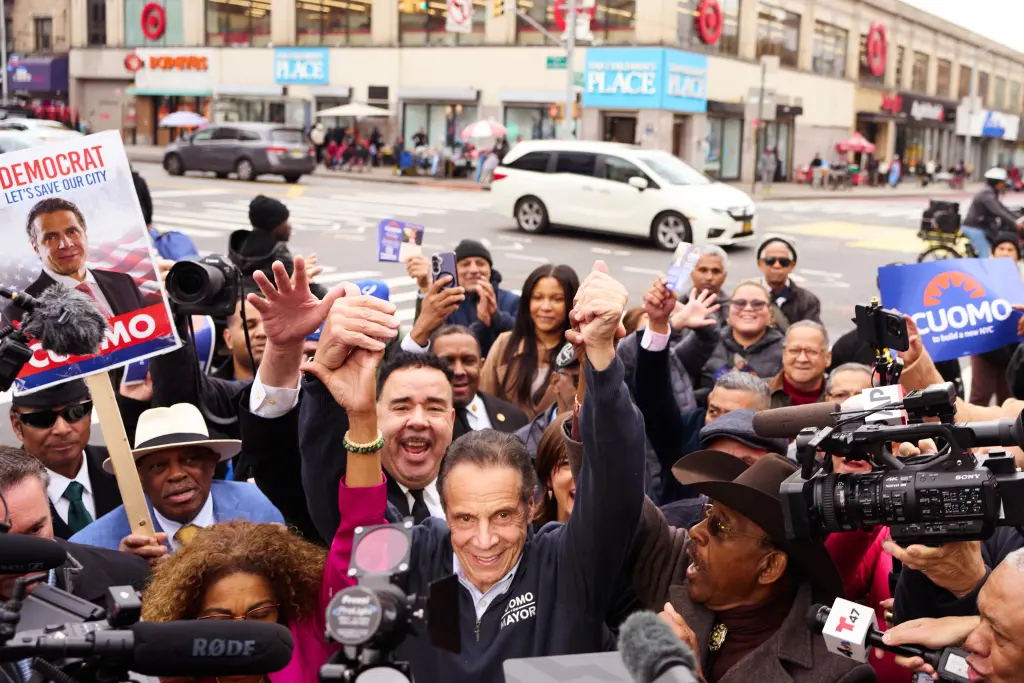
For Mamdani, the win is more than a personal triumph — it represents a seismic shift in New York’s political identity. A son of Ugandan-Indian immigrants, community organizer, and assemblyman from Astoria, he campaigned on a promise to transform the city’s economy around equity, accessibility, and public welfare. His platform included fare-free buses, universal housing initiatives, and city-run grocery stores to fight food insecurity. Supporters saw him as the voice of a new generation — one that viewed New York not as a playground for billionaires, but as a home for working people priced out of their own neighborhoods.
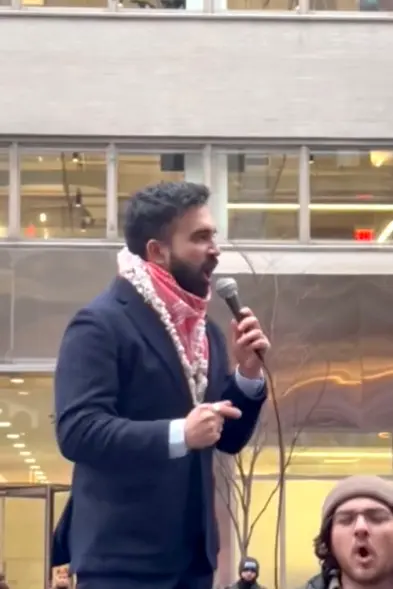
The race itself was a reflection of deep generational and ideological divides. Cuomo, 67, who once ruled Albany with an iron grip, sought a comeback rooted in experience and stability. His campaign centered on “ready on day one” leadership, casting himself as a proven crisis manager who could restore order to a city still grappling with economic recovery, homelessness, and public safety challenges. Yet, as the months went by, it became clear that voters were looking for something different. The contrast between Cuomo’s institutional power and Mamdani’s grassroots energy defined the contest — and by election night, the latter’s message had resonated far more deeply.
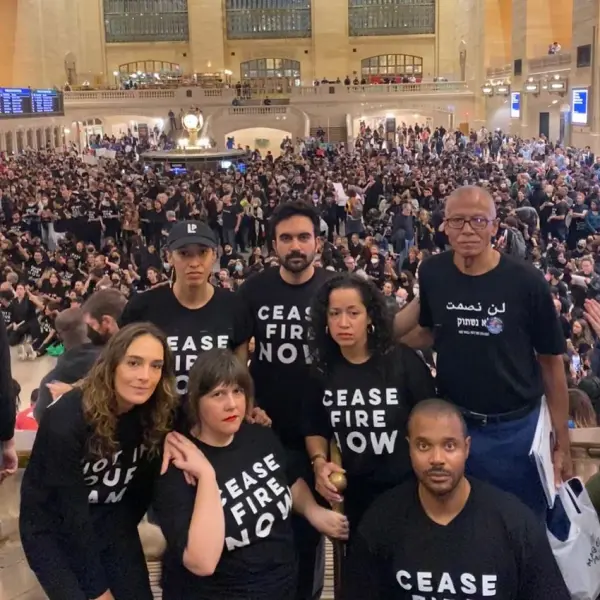
Mamdani’s campaign leaned heavily on door-to-door organizing, social media mobilization, and a coalition of young voters, renters, and working-class families. The mood at his election-night headquarters in Long Island City was electric. When the first precincts reported a narrow lead, the crowd chanted his signature slogan: “A New York for All of Us.” By 9:30 p.m., that chant had turned into a roar as networks confirmed his lead was mathematically insurmountable. Supporters wept, hugged, and waved banners that read “Housing is a Human Right” and “Transit for the People.”
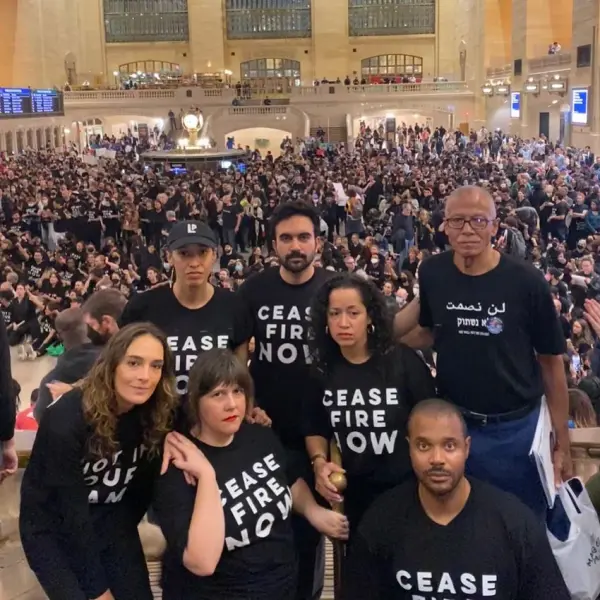
In his victory speech, Mamdani spoke with his characteristic mix of warmth and conviction. “Tonight, New York has made a choice,” he said. “We’ve chosen care over cruelty, people over profit, and community over corruption. This city belongs to the many — not the few.” His words were met with thunderous applause. But even in that moment of triumph, he struck a serious tone, acknowledging the challenges ahead. “Now comes the real work,” he said. “Because winning an election is one thing — transforming a city is another.”
Cuomo, meanwhile, conceded shortly before 10 p.m. His campaign headquarters at the Midtown Hilton, once filled with optimism, had grown somber as results rolled in. For the former governor, who had hoped to stage one of the most remarkable political comebacks in recent memory, the loss was definitive. In a brief concession speech, Cuomo congratulated Mamdani and said, “New York has chosen its direction. I wish the next mayor success in leading this great city forward.” Still, insiders close to Cuomo privately admitted that the loss stung deeply — a humbling end to a race that once seemed like a path to redemption.
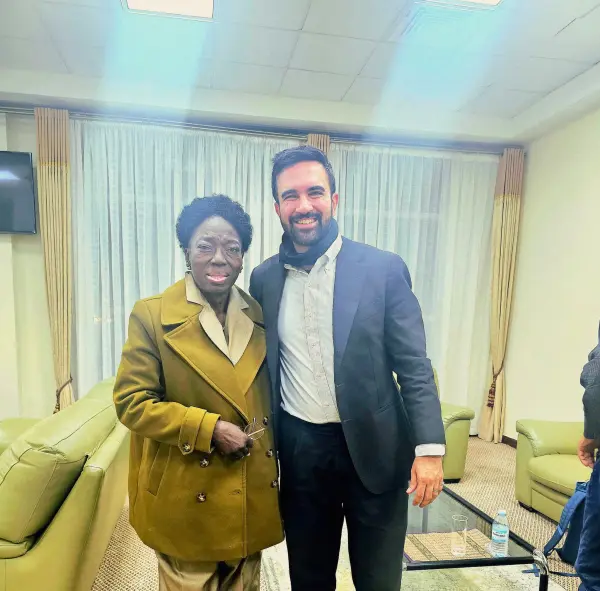
Curtis Sliwa, the Republican nominee, performed as expected, capturing single-digit support across the five boroughs. His law-and-order platform failed to gain traction in a race dominated by economic and ideological themes. While he made appearances on conservative talk shows in the final stretch, his campaign never posed a serious threat in a city where Democrats outnumber Republicans six to one.
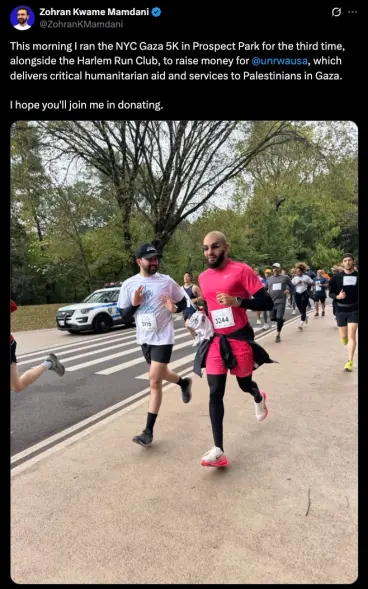
Mamdani’s rise from community organizer to mayoral frontrunner happened at lightning speed. His profile grew steadily after his election to the New York State Assembly in 2020, where he became known for pushing progressive legislation on housing, policing, and tenants’ rights. Over time, he built a reputation as a passionate but pragmatic advocate — unafraid to challenge power, but also capable of detailed policy work. His coalition drew support from figures like Alexandria Ocasio-Cortez and Jamaal Bowman, as well as grassroots movements that saw him as part of a broader national shift toward left-wing populism.

Still, critics warn that Mamdani’s victory will test the limits of ideology in governance. Opponents have called his proposals “budget-busting” and “unrealistic,” questioning whether a city already facing fiscal strain can sustain his expansive plans. The New York Post editorial board labeled his agenda “socialism in a city that can’t afford it.” Business leaders, too, have voiced anxiety about higher taxes and new regulations. “He’s got energy, but running a campaign is very different from running New York,” one finance executive told Reuters.
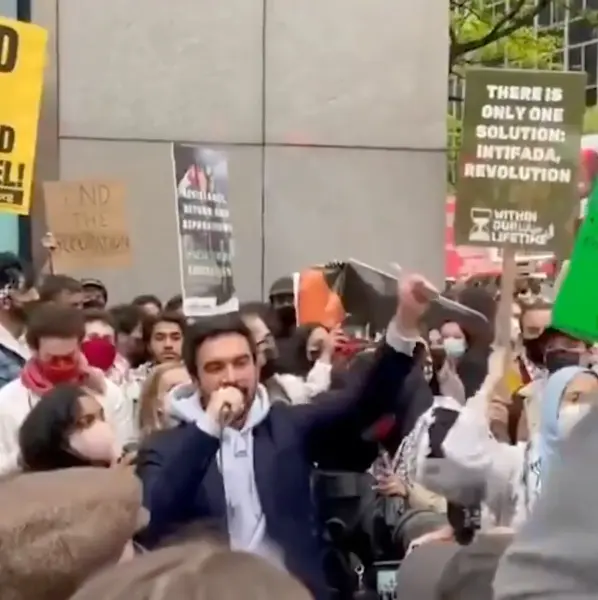
For Mamdani, however, those criticisms are part of the mission. “They said the same thing about the New Deal, about Medicare, about every policy that dared to put people first,” he said on the trail. “The truth is, we can’t afford not to care.” His supporters believe that his empathy-driven leadership style could redefine what’s possible in municipal governance — if he can deliver results without driving investors and residents away.
The early challenges will be immense. The city’s deficit is projected to widen beyond $7 billion in the next fiscal year, and budget negotiations with Albany are expected to be tense. Mamdani’s plan to expand rent stabilization, freeze public transit fares, and fund new social programs will likely face opposition from both city council moderates and business coalitions. Yet, for now, the political momentum is undeniably his. With Democrats maintaining a supermajority in the council and progressive groups energized by his win, Mamdani enters City Hall with more public goodwill than any New York mayor in recent memory.
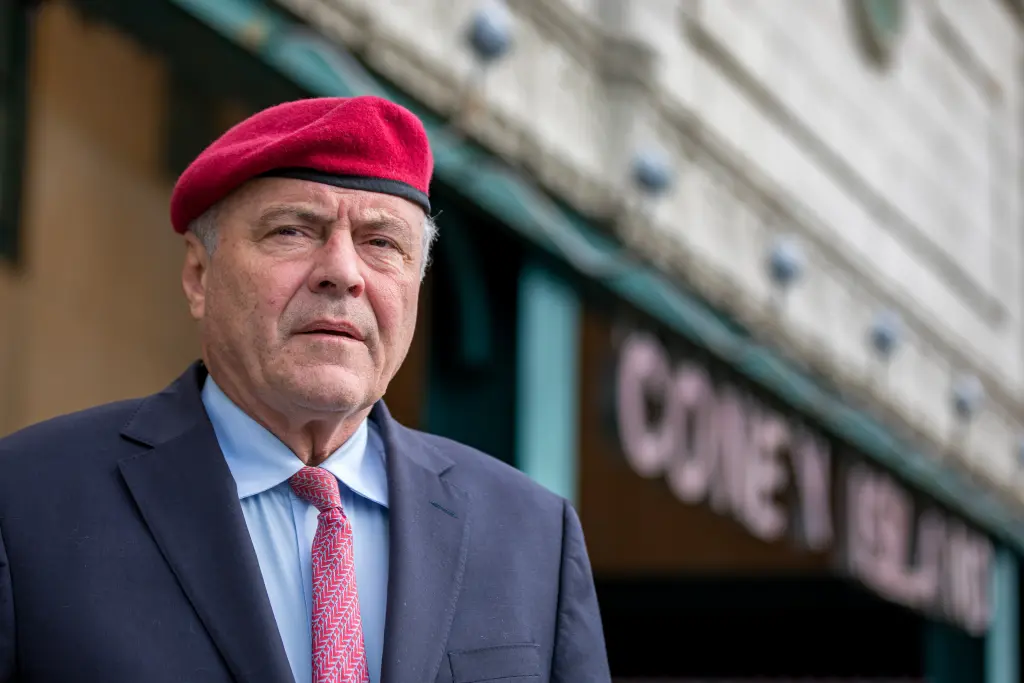
Political analysts are already calling his victory one of the most consequential since Bill de Blasio’s 2013 triumph, though the comparison stops there. Where de Blasio’s rhetoric focused on income inequality, Mamdani’s agenda is explicitly anti-corporate and pro-worker, more closely aligned with global left movements in cities like Barcelona and London. His critics see that as radical; his supporters see it as long overdue.
The 2025 election will likely be remembered not only for its outcome but for what it says about the direction of urban America. In a city once defined by Wall Street’s dominance, the triumph of a socialist candidate represents a cultural and generational transformation. It underscores the political awakening of young voters, renters, and immigrants who feel the system has failed them. For them, Mamdani’s win wasn’t just about politics — it was about being seen.
As the celebrations continued into the night, Mamdani stepped off the stage and hugged his parents, who emigrated from Uganda to build a new life in Queens. “This city gave my family a home,” he said earlier that evening. “Now it’s my turn to make sure every family has one.”
It was a line that captured both the emotion and magnitude of the moment. Zohran Mamdani — once a grassroots activist knocking on doors in Astoria — is now the mayor of the largest city in America. His victory is being hailed as a new chapter in New York’s story: one that begins not with power reclaimed, but with power reimagined.
